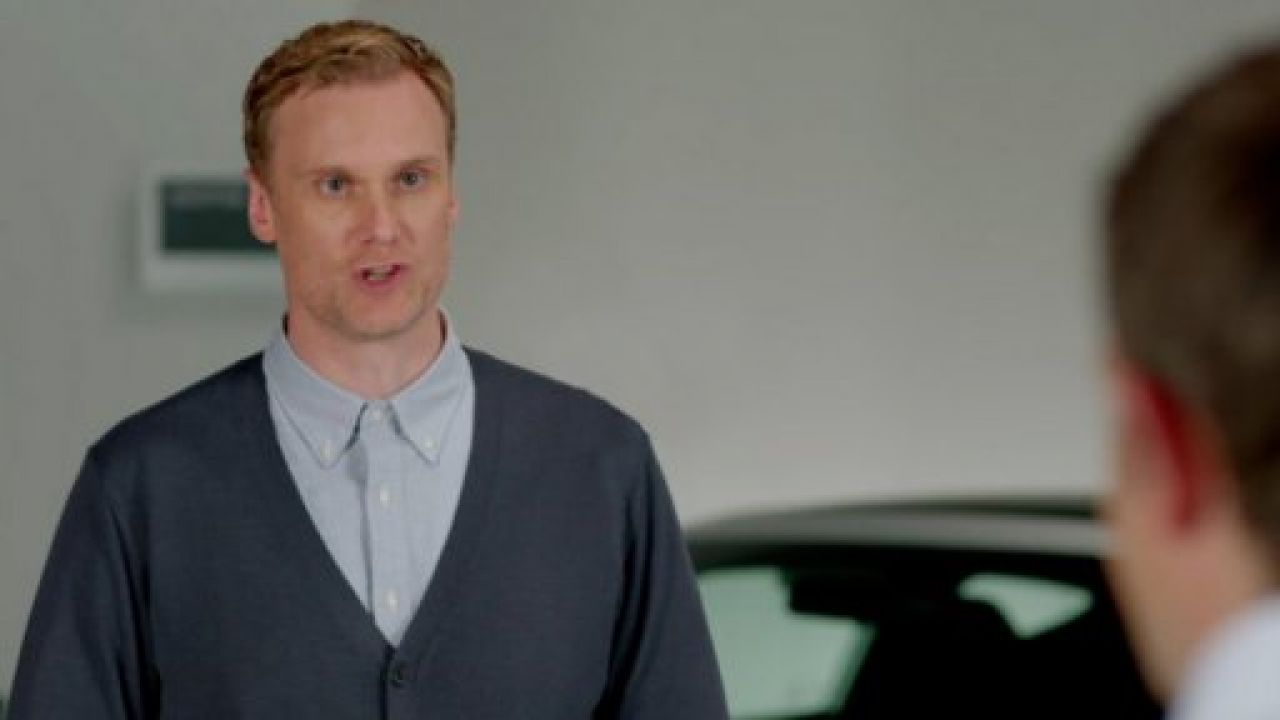First impressions count.
'She walks in beauty, like the night'
Lord Byron, She Walks in Beauty
'In the beginning God created the heaven and the earth'
The Bible
'Well I don't pour out my heart like this to everyone'
Alan Partridge sings Roachford's 1988 hit 'Cuddly Toy', Alpha Papa
Whatever your story, however brilliant and bold, however ingenious, however the climax plays out, it is nothing without a strong beginning. Those first few seconds and minutes are gold dust. However you do it – with intrigue, surprise, shock, mystery - they need to grab you and make you desperate to find out how the story ends.
This is not new. It has been true for any story at any time. But we live in an era when the competition for our attention is at an all time ballistic high. This is a huge challenge for the TV programmers and film-makers of our generation, but even more so for the advertisers. The media landscape is shifting under our feet by the minute. Traditional TV advertising is struggling. 2015 will be the first year in which streamed on-demand video overtakes scheduled broadcast TV viewing on a weekly basis. This means people can choose services where there are no ads, and even if they don't, they have more ability to skip those ads.
And as advertisers have become content makers in their own right and got to grips with the nature of YouTube, such as the brilliant Pepsi Max channel 'Unbelievable', that arena could be about to change too. The entrance of players like 'Vessel', who have just beta launched a new service showcasing exclusive online content before it gets to YouTube for a fee, are challenging the norms of the marketplace.
All this means that when you do get in front of someone to tell your story you need to think pretty darn hard about what you're going to open with. What are you going to show or say that will make your story stand out from the norm? What promise are you giving viewers to keep them watching?
One way to tackle the problem, to quote Richard Curtis in his BAFTA lecture on storytelling, is to "put the best bit first". Take Bridget Jones's Diary. The opening credits roll memorably over a scene of Bridget crying at home, in her pyjamas, downing a bottle of vodka, singing along to 'All by myself'. A scene originally intended for the third act. He moved it there because the beginning was a bit weak and frankly who is going to feel sorry for a pretty attractive, middle-class lady who is being fought over by Hugh Grant and Colin Firth?
A more crude way of dealing with the problem is to "always start with a f&*k or a fight" as Mal Young, former head of BBC Drama, used to say. A view we have taken to heart in our Hyundai work.
Whatever you start with though, make sure it's as striking as it possibly can be. It could be funny, violent, unusual or curious. It could be a killer piece of sync, a mind boggling statistic or a very, very famous face.
And think about where it's being placed too. We now consume media through so many different channels. If it's on Facebook, for example, it won't have sound when people scroll across it in their mobile timeline. What's the image that will entice you to click?
So while the resolution of a story is ultimately what it's judged on, it's a truth universally acknowledged in our office, that a story not in possession of a good start, will want for viewers to judge it at the end (to butcher Jane Austen's most famous of beginnings).
Jim de Zoete, Creative Director.

